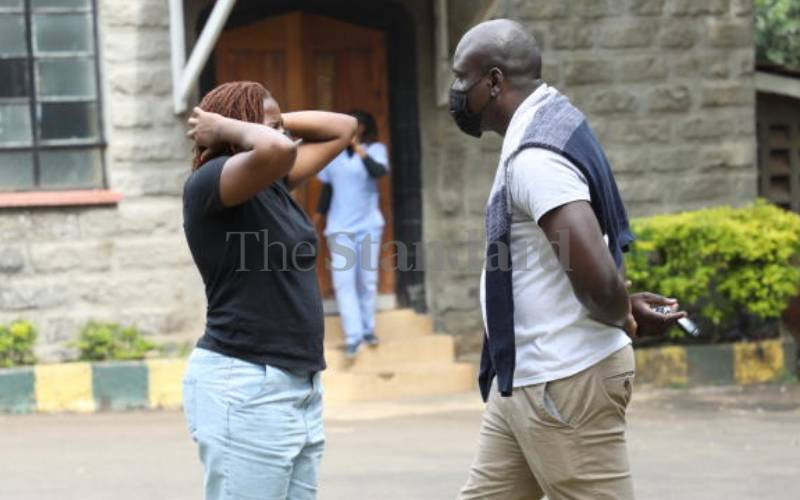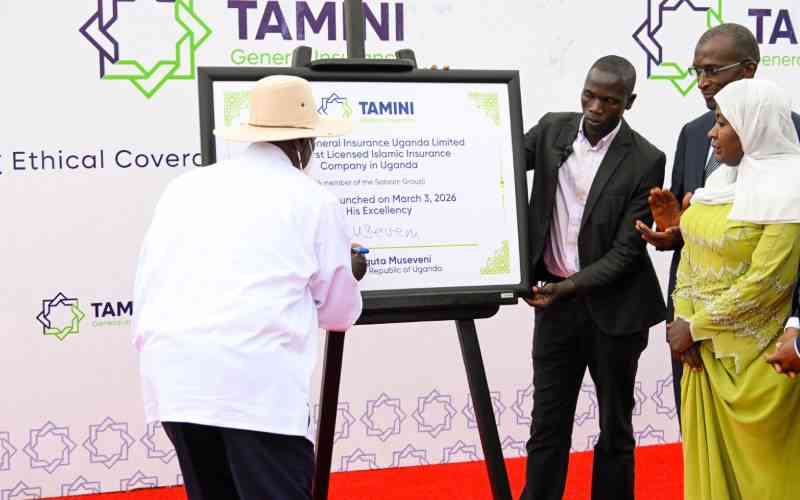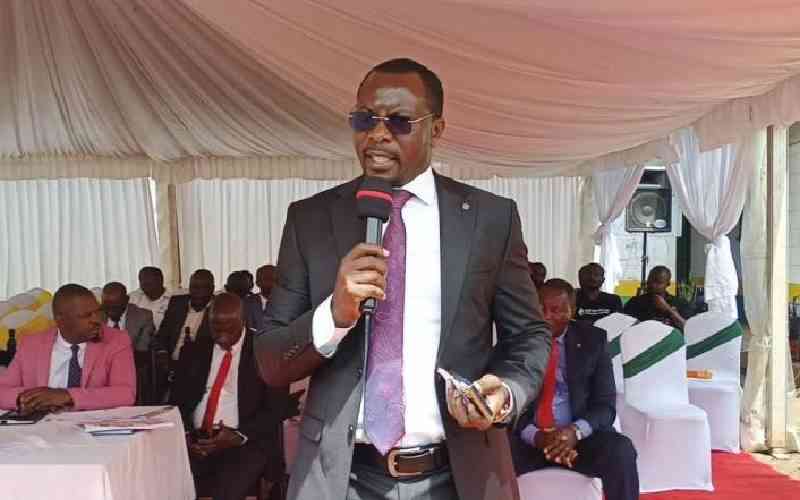×
The Standard e-Paper
Smart Minds Choose Us

Confronting the harsh reality of identifying bodies leaves many grappling with profound trauma and haunting memories.
In the wake of the Gen Z protests, families have had to move from one morgue to another in search of their loved ones.







